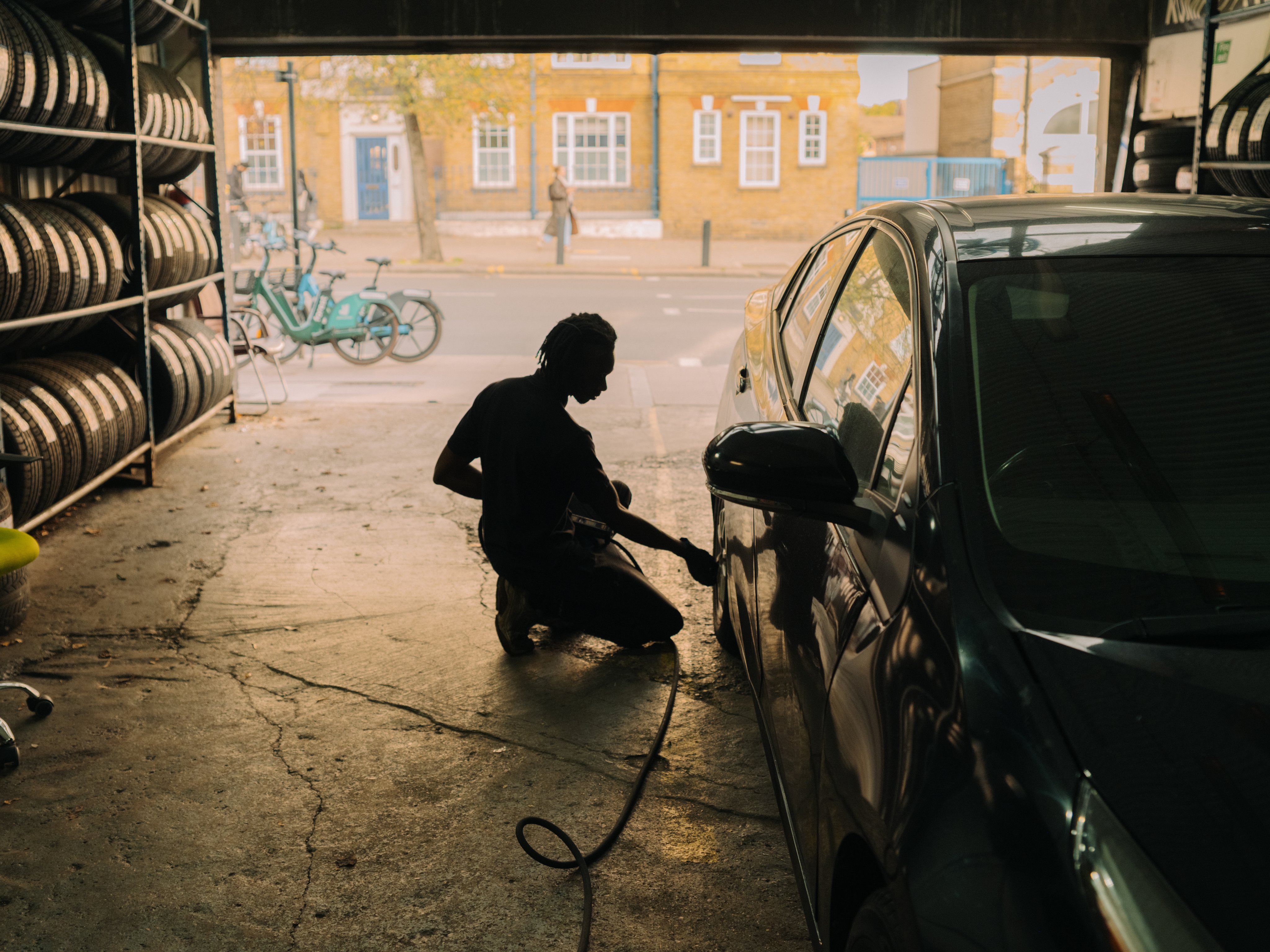Report
The benefits of tackling worklessness and low pay
This research shows how increasing employment and wages can boost the economy, both locally and nationally. It uses Leeds and Leeds City Region as examples.
Summary
Key points
- Tackling worklessness and low pay reduces poverty and decreases public expenditure on welfare spending and tax credits, with indirect savings in other public service areas, including healthcare, crime and social services.
- Reducing worklessness and low pay increases government revenue through the increased taxation (income tax and National Insurance) on the incomes of those who find work or a higher-paid job.
- Last year, for every out-of-work claimant moving into a job at the Living Wage (which was then £7.45 per hour), the government gained on average £6,897. For every £1 of public spending saved, 80p accrued to central government (Department for Work and Pensions and HM Revenue and Customs), 10p to NHS commissioners, 7p to the local authority, and 3p to criminal justice services, fire services and social housing providers.
- The limited gains that accrue locally give rise to important questions around local-level incentives for tacking worklessness and low pay. Successful, innovative city-level poverty reduction strategies could be rewarded by local areas retaining some of the benefits savings.
- Gains to government vary by locality, driven by a combination of local wage levels, the range of housing costs and tenure, and characteristics of benefits claimants.
- People moving into work generate additional output, and by moving into better jobs they raise productivity. Being in work also raises incomes and the amount of spend and demand in the local economy, directly benefiting local businesses and creating a ‘multiplier’ effect.
- Whenever an out-of-work claimant moves into a job at the Living Wage, the local economy benefits on average by £14,436 annually.
About the project
This study is part of JRF’s Cities, Growth and Poverty research programme. It updated previous estimates of the costs of worklessness, and identified the cost benefits of tackling worklessness and reducing poverty, using the Living Wage as a benchmark.

This report is part of the work topic.
Find out more about our work in this area.